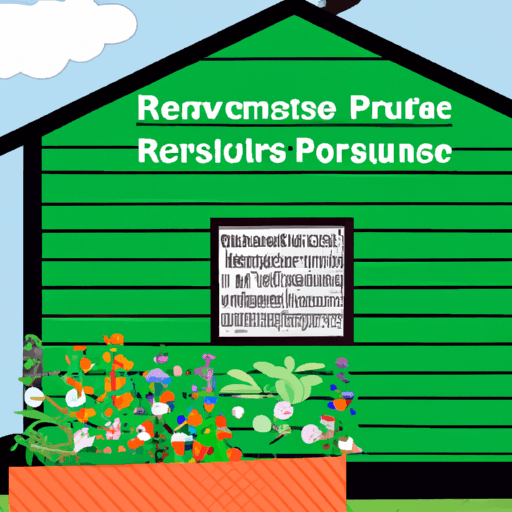The Art of Creating a Sustainable Home Garden: Tips and Techniques
For the enthusiastic gardeners looking into creating a more sustainable ecosystem at home, it is vital to consider not only the aesthetic element of the garden but also how it contributes to the reduction of our carbon footprint.
Benefits of a Sustainable Garden
A sustainable home garden provides numerous advantages such as reducing waste, promoting biodiversity, and conserving resources. It reduces water usage through thoughtful plant selection based on the local climate, making us economically efficient. Additionally, it creates a natural habitat for a variety of species boosting local fauna and bringing an ecological balance.
Creating a Sustainable Garden: A Step-by-step Guide for Beginners
1. Start Small
Begin with a small space and gradually expand. This way, easy management and personal attention can be provided to each plant's well-being.
2. Selection of Locally Suitable Plants
Choose plants that are native to your region as they are naturally suited for the climate and require less watering and maintenance.
3. Implementing a Composting System
Composting organic waste from your kitchen can significantly reduce the waste while providing nutrient-rich soil for your garden.
4. Water Conservation Techniques
Using rain barrels for water catchment is one way to conserve water. Another method is choosing drought-tolerant plants that require less watering.
5. Encouraging Wildlife
Encourage local wildlife by providing habitats such as birdhouses and keeping areas of your garden wild to attract insects and pollinators.
Potential Challenges and Ways to Overcome Them
One of the main challenges of sustainable gardening is pests as pesticides are avoided. However, introducing beneficial insects such as ladybirds and integrating plants that repel particular pests can be effective.
A lack of nutrients can also be a problem, but this can be managed through regular composting and occasionally adding organic matter to the soil. Lastly, many fear that sustainable gardening involves a lot of time and effort. However, with the right plan, and by starting small and gradually expanding, it becomes a manageable and incredibly rewarding process.
Conclusion
Sustainable gardening is an art that calls for dedication and a deep understanding of nature. The benefits of creating a self-sustaining garden not only contribute to a healthier environment but also provide aesthetic pleasure and satisfaction that comes with nurturing life.




















Comments
Leave a Comment